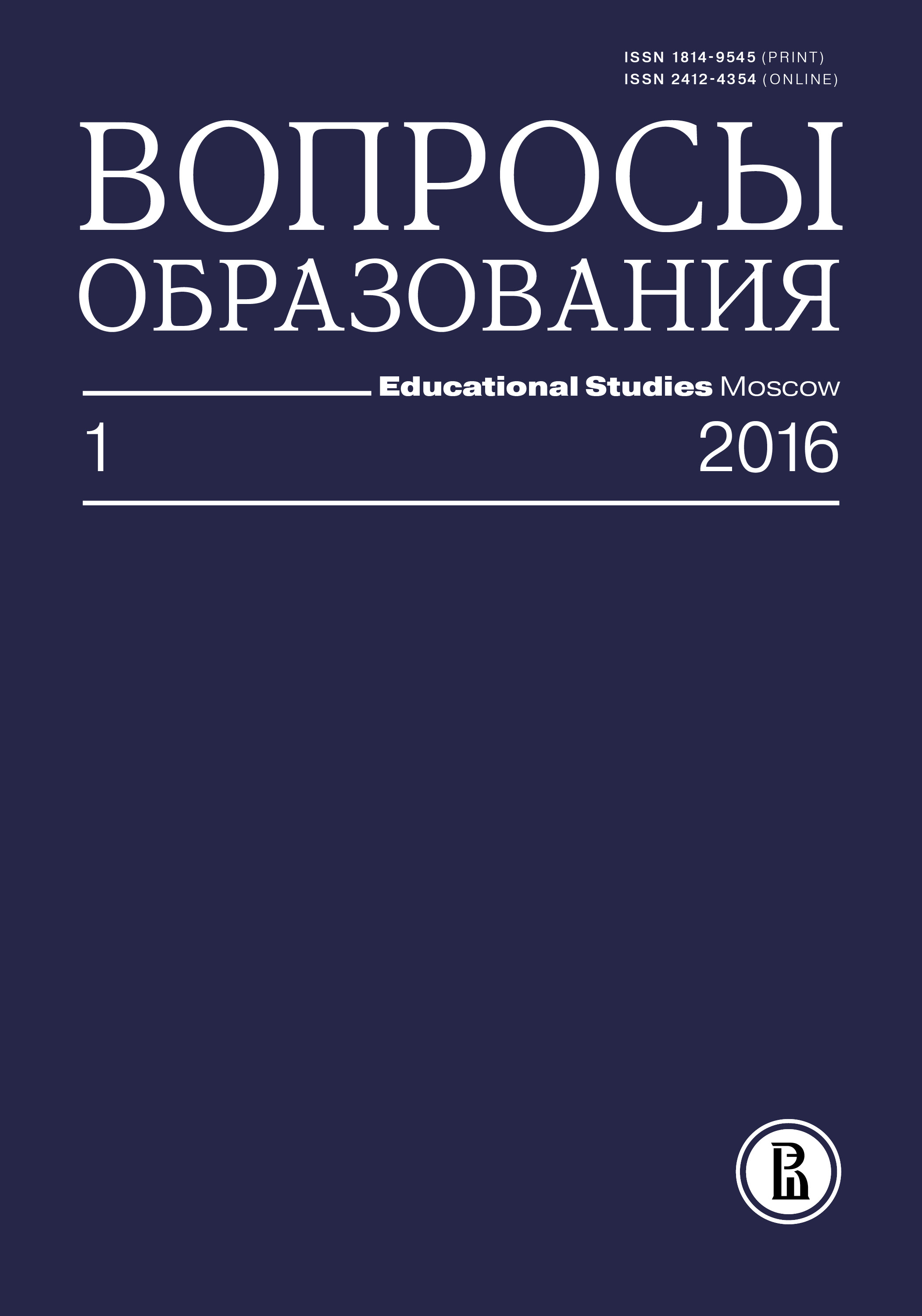Socio-Economic and Gender Inequalities in Educational Trajectories upon Completion of Lower Secondary Education in Russia
Abstract
Using longitudinal data from the study Trajectories in Education and Career (TrEC) we analyse the probabilities of entering 10th grade for boys and girls as well as for students with different socio-economic backgrounds. In 2012 59% of pupils chose the academic track and continued their education in 10th grade upon completion of 9th grade, while others moved to vocational education. Girls were more likely to enter the academic track than boys. The probability of entering the academic track was considerably higher for students from more educated and wealthier families. We analyse total inequality in the educational transition as a sum of primary and secondary effects where primary effects refer to the inequalities in performance and secondary effects refer to the inequalities in making the transition controlling for per formance. We find strong secondary effects of parental education and wealth on making a transition to the academic track. There is no evidence of secondary effects of gender. The paper discusses mechanisms of gender and socio-economic inequalities in the transition to 10th grade and makes policy ecommendations aimed at reducing social inequality in education.









